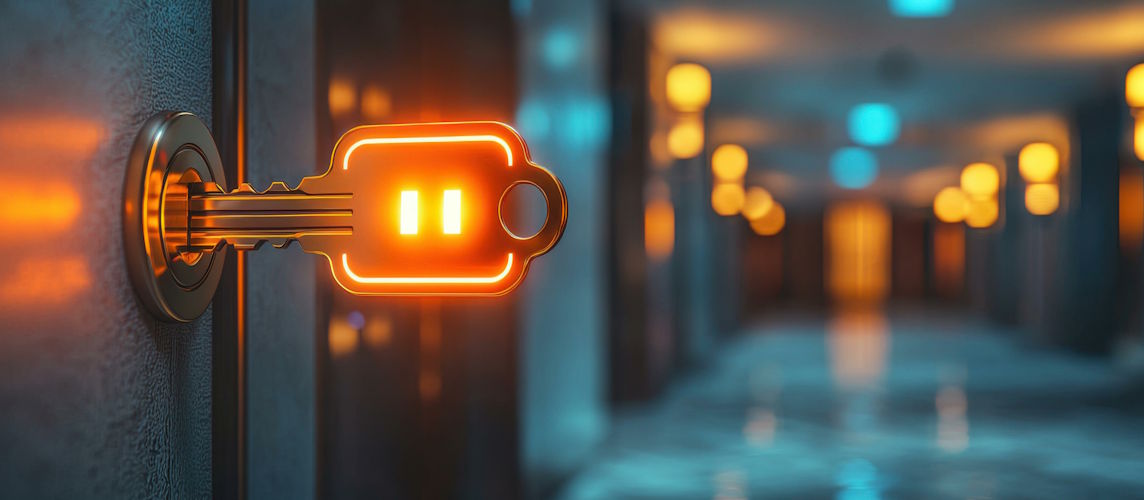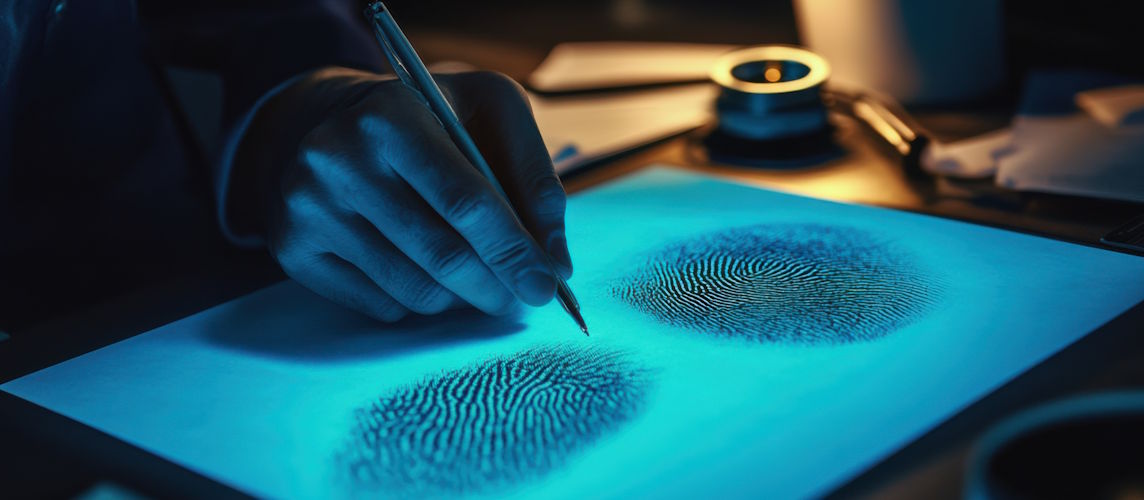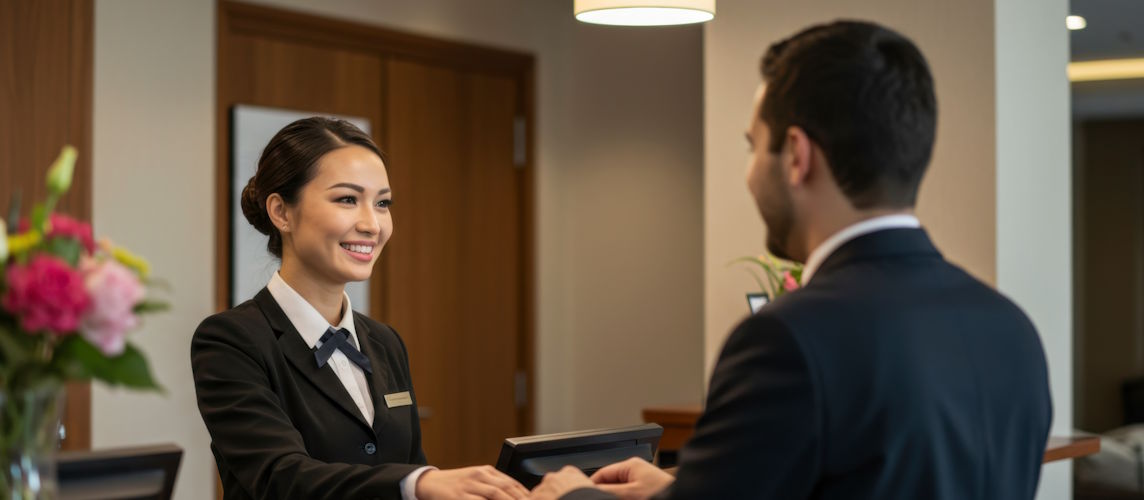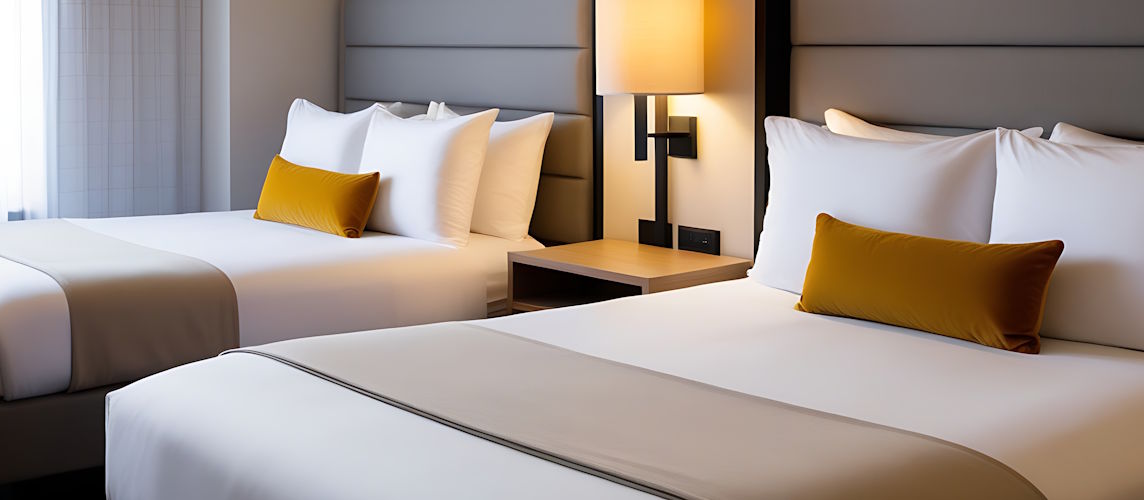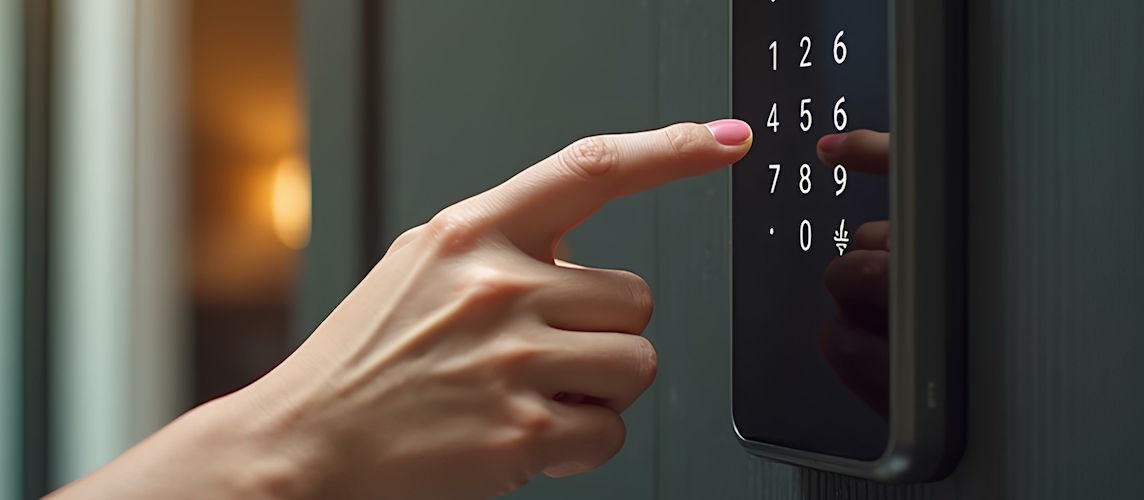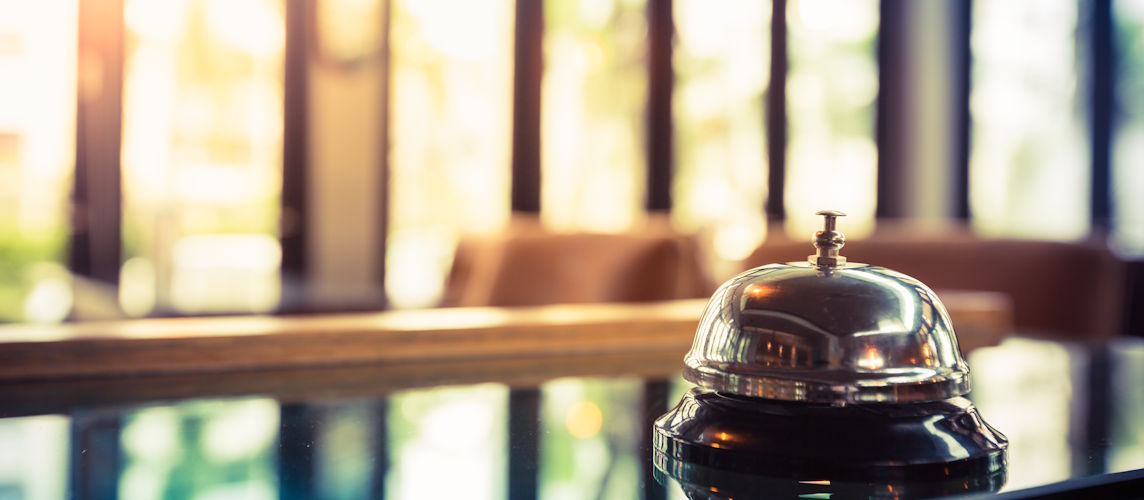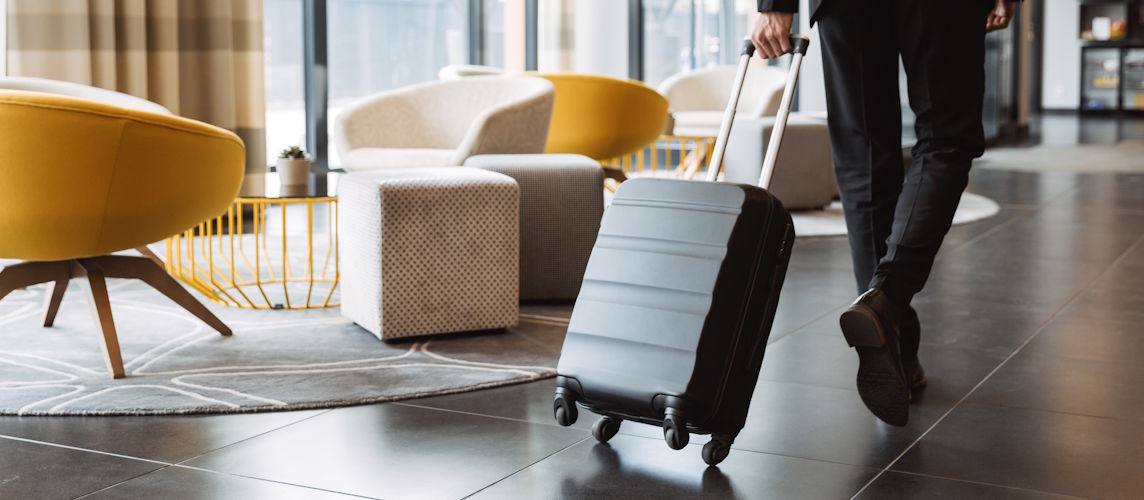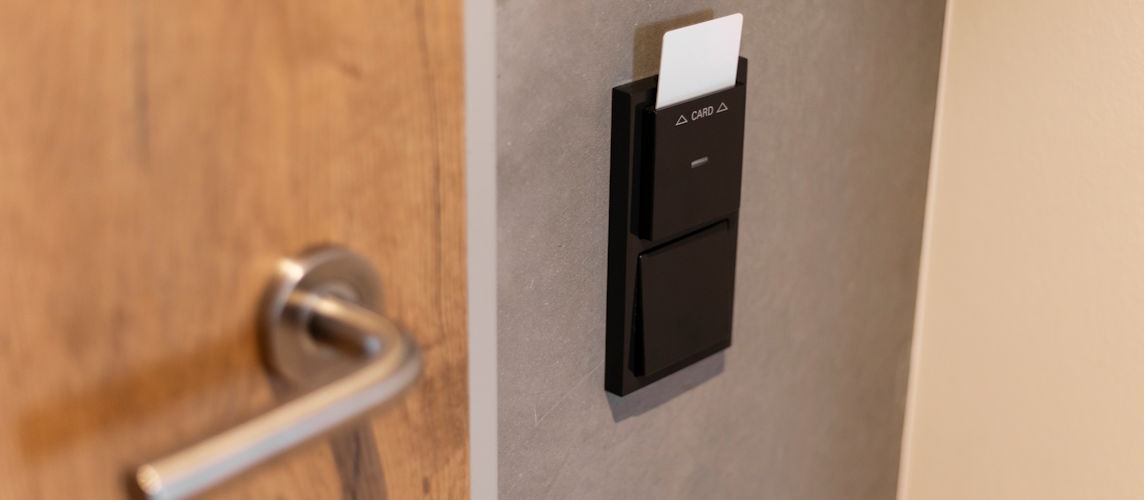Addressing Threats to Hotel Security
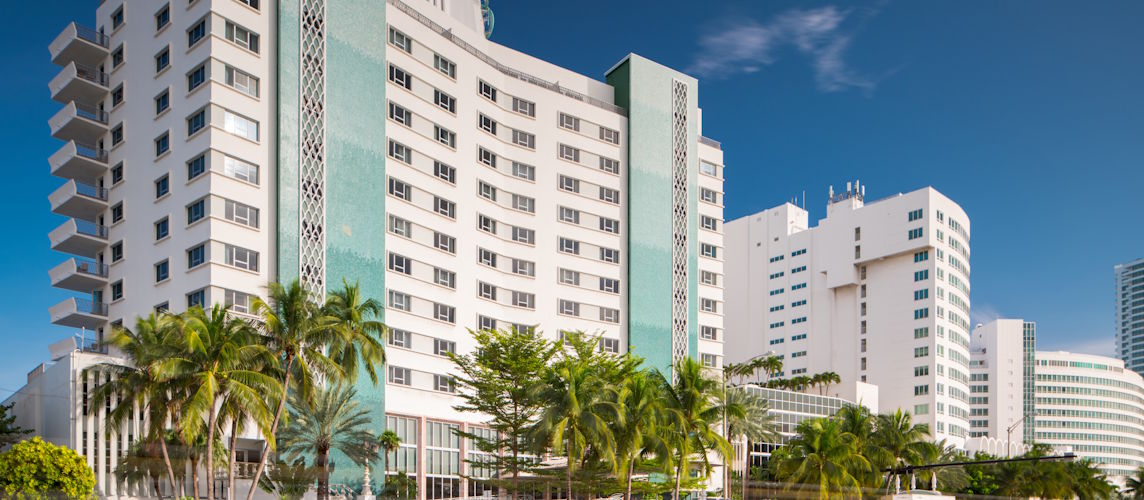
In the world of hospitality, trust is everything. Guests choose hotels not only for comfort and convenience, but also for the expectation of a safe and secure environment. Unfortunately, the growing number of threats to hotel security is challenging that expectation.
From unauthorized access and cybercrime to insider misconduct, hotel managers today must deal with a wide spectrum of security concerns. But there’s good news: with the right awareness, tools, and policies, these threats can be managed and significantly reduced.
Let’s explore the evolving nature of hotel security threats and how to effectively address them.
Understanding the Nature of Hotel Security Threats
Security threats in hotels generally fall into two categories: external (coming from outside the organization) and internal (originating from within). They may be:
- Physical: Theft, break-ins, assaults
- Digital: Cyberattacks, phishing, data theft
- Operational: Unauthorized access to restricted areas, guest impersonation
The complexity of hotel operations — welcoming strangers 24/7, handling sensitive data, and managing staff shifts — makes hotels a prime target for security breaches.
Common Threats to Hotel Security
Here are some of the most pressing threats hotel operators must address today:
1. Unauthorized Access
Whether it’s a non-guest entering restricted floors or an intruder tailgating behind a guest, unauthorized access is one of the top threats to hotel security. Poor access control systems or outdated locks leave doors wide open for opportunistic crime.
2. Theft and Vandalism
Luggage theft, room break-ins, and property damage can occur if public areas, corridors, and parking spaces are not properly monitored.
3. Cyberattacks and Data Breaches
With hotels storing guest details, payment info, and internal communications, a breach in digital systems can lead to identity theft and financial fraud.
4. Insider Threats
Unfortunately, staff misconduct — whether intentional or due to poor training — is a common internal threat. This could range from unauthorized access to guest areas to leaking sensitive data.
5. Emergency Incidents
Fires, medical emergencies, and even violent outbursts can happen unexpectedly. A lack of preparation can escalate such situations quickly.
Why Hotels Are Particularly Vulnerable
Hotels are unique environments:
- They operate 24/7
- Guests come and go anonymously
- Multiple entry points exist
- Staff rotate frequently
- Public access is often unrestricted
This makes enforcing consistent, high-quality security more difficult — and requires smart, scalable solutions.
Technology-Based Solutions to Combat These Threats
Modern technology can significantly reduce threats to hotel security when implemented correctly.
Access Control Systems
Install smart access systems that use:
- Keycards
- QR codes
- Biometric readers
- Mobile apps
You can control who enters guest rooms, staff areas, and conference zones.
AI-Powered Surveillance
CCTV cameras integrated with AI can:
- Detect unusual movements
- Trigger alerts in real time
- Identify tailgating or loitering
- Help with incident investigation
Visible cameras also deter potential threats.
Cybersecurity Protocols
Secure your hotel’s digital infrastructure with:
- Data encryption
- Firewalls and secure WiFi
- Two-factor authentication for staff systems
- Regular security audits
Protecting guest information is not just a legal obligation — it’s a trust factor.
Training and Policy: The Human Element in Hotel Security
Technology alone isn't enough. Your people make the biggest difference.
Staff Training
Regular security training empowers your team to:
- Spot suspicious behavior
- Respond calmly to incidents
- Enforce access policies
- Protect guest data
Train both new and existing employees.
Clear Policies
Establish clear rules around:
- Visitor entry
- Keycard handling
- Staff movement and access rights
- Handling suspicious packages or behavior
Post policies publicly when appropriate to inform guests as well.
Guest Awareness
Guests should know who to contact in an emergency and how to access assistance quickly. A simple message in their welcome packet can go a long way.
Building a Security Culture in Hospitality
True safety goes beyond cameras and locks — it’s a mindset.
Encourage a culture where:
- Everyone feels responsible for security
- Guests are reassured, not alarmed
- Staff feel safe and supported
- Safety is seen as a brand strength
Communicate your commitment in your marketing and signage:
“Your safety is our top priority — our hotel is equipped with advanced surveillance and emergency response systems.”
This creates trust and transparency, both essential in hospitality.
Conclusion
The range of threats to hotel security may be growing, but so are the solutions. With the right mix of technology, training, and culture, hotels can remain safe spaces for guests, staff, and partners.
Whether you're managing a boutique hotel or a large resort, proactive security planning is no longer optional — it’s a competitive advantage.
Need Expert Help Securing Your Hotel?
At TechService.ae, we specialize in smart surveillance, access control, and integrated safety solutions for hotels in Dubai and across the UAE.
Let us help you address modern threats with modern tools — and protect what matters most.
📧 Email: info@techservice.ae
🌐 Website: www.techservice.ae


 Solar Panel Cleaning & Maintenance Kits
Solar Panel Cleaning & Maintenance Kits Solar Mounting Structures
Solar Mounting Structures Solar Batteries & Inverter Systems
Solar Batteries & Inverter Systems Commercial, Residential & Industrial Solar Panels
Commercial, Residential & Industrial Solar Panels Portable & Foldable Solar Panels
Portable & Foldable Solar Panels
 IP Cameras
IP Cameras HD Analog Camera
HD Analog Camera Dash Cameras
Dash Cameras DVR (Digital Video Recorders)
DVR (Digital Video Recorders) Integrated Alarm Systems
Integrated Alarm Systems AI-Powered Video Analytics
AI-Powered Video Analytics Cloud Storage Solutions
Cloud Storage Solutions Camera Accessories
Camera Accessories NVR (Network Video Recorders)
NVR (Network Video Recorders) Special Cameras
Special Cameras Video Management Software (VMS)
Video Management Software (VMS) Monitoring & Display Equipment
Monitoring & Display Equipment
 Ethernet Cables
Ethernet Cables Ethernet & PoE Switches
Ethernet & PoE Switches Network Racks & Accessories
Network Racks & Accessories Network Monitoring Software
Network Monitoring Software Modem & Routers
Modem & Routers
 WiFi Routers
WiFi Routers WiFi Controllers & Management Systems
WiFi Controllers & Management Systems WiFi Antennas & Signal Boosters
WiFi Antennas & Signal Boosters WiFi Adapters & Dongles
WiFi Adapters & Dongles IoT & Smart WiFi Devices
IoT & Smart WiFi Devices WiFi Access Points (APs)
WiFi Access Points (APs)
 Fiber Optic Accessories
Fiber Optic Accessories Optical Fiber Cables
Optical Fiber Cables
 Smart Home Appliances
Smart Home Appliances Smart Home Entertainment
Smart Home Entertainment Smart Hubs & Controllers
Smart Hubs & Controllers Smart Lighting
Smart Lighting Smart Plugs & Power Management
Smart Plugs & Power Management Smart Security & Surveillance
Smart Security & Surveillance Smart Sensors & Detectors
Smart Sensors & Detectors Fleet Management & Commercial GPS Solutions
Fleet Management & Commercial GPS Solutions
 HDDs & SSDs
HDDs & SSDs Cloud Storage Services
Cloud Storage Services Storage Area Network (SAN)
Storage Area Network (SAN) Removable & Portable Storage
Removable & Portable Storage Network-Attached Storage (NAS)
Network-Attached Storage (NAS)
 Intercom & Video Door Entry Systems
Intercom & Video Door Entry Systems Electronic & Smart Locks
Electronic & Smart Locks Authentication Devices
Authentication Devices Access Control Systems
Access Control Systems Access Control Software & Integration
Access Control Software & Integration Visitor & Time Attendance Management
Visitor & Time Attendance Management Access Control Panels & Controllers
Access Control Panels & Controllers
 Electrical Tools & Testing Equipment
Electrical Tools & Testing Equipment Lighting Solutions
Lighting Solutions Industrial Electrical Components
Industrial Electrical Components Power Distribution Products
Power Distribution Products Power Supply & Backup Solutions
Power Supply & Backup Solutions Wiring & Cables
Wiring & Cables Electrical Conduits & Cable Management
Electrical Conduits & Cable Management
 Cables
Cables Adaptors
Adaptors Extenders
Extenders Computer Accessories
Computer Accessories